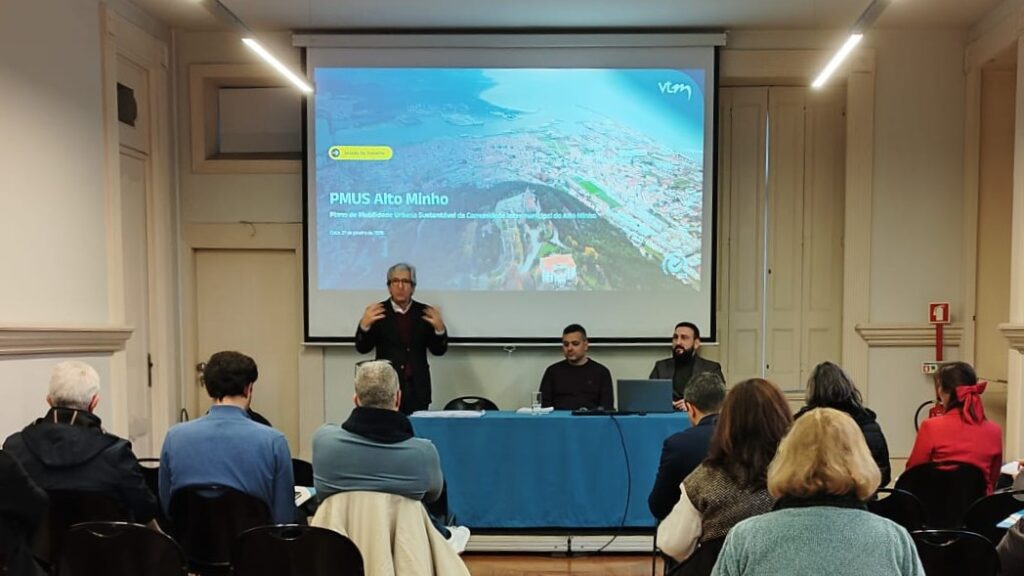Opportunities for sustainable mobility and economic growth

“When you develop new cycling infrastructure, you create new markets.” (Tony Grimaldi, President of Cycling Industries Europe)
In the face of persistent congestion that undermines the efficiency of transport systems and diminishes the quality of life in urban areas, a landmark initiative was put in place by the European Union, signalling a fundamental moment for sustainable mobility: on the past April 3rd, a unified commitment was built among all EU institutions with the signing of the European Declaration on Cycling.
This declaration, which consists of eight principles and thirty-six commitments, stands as the most comprehensive effort to date across Europe to enhance cycling infrastructure and culture. It underscores the EU’s commitment to fostering sustainable transport solutions that align with the broader Environmental, Social, and Governance (ESG) principals, particularly emphasizing the role of cycling in transforming urban mobility landscapes.
Environmentally, cycling represents a clean mode of transport, directly contributing to the reduction of greenhouse gas emissions and improving air quality in cities. Its adoption reduces reliance on motorised vehicles, combating air and noise pollution and fostering more sustainable urban development.
From a social perspective, cycling positively impacts public health by encouraging regular physical activity and combating sedentary lifestyle-related diseases. Expanding cycling infrastructure can significantly enhance accessibility and equity in transportation access, benefiting all societal segments.
Regarding governance, policies favoring cycling reflect a commitment to sustainability and social responsibility. Implementing mobility plans that include cycling demonstrates forward-looking governance, focused on creating more livable, healthy, and inclusive cities.
This initiative arrives at a critical stage, with the EU elections on the horizon in June 2024. Cycling Industries Europe (CIE) is seizing this moment to encourage the forthcoming EU assembly to transform the Declaration’s commitments into tangible actions. The CIE’s made a Manifesto that advocates for an inclusive approach, embedding cycling within the broader spectrum of EU policies, measures, and funding mechanisms. This call to action builds on the momentum of the European Parliament’s Resolution on Cycling, which earned substantial support in February 2023, and the European Commission’s draft of the European Declaration on Cycling introduced in October 2023. The concerted efforts of CIE, alongside its partner associations — the European Cyclists’ Federation and CONEBI — have been important in reaching this objective.
Cycling presents a multifaceted solution to Europe’s pressing challenges, offering a pathway to zero-carbon mobility, fostering a world-class cycling industry, and stimulating economic growth through the creation of green jobs. Tony Grimaldi, President of Cycling Industries Europe, emphasised the various benefits of cycling, extending beyond mobility to job creation, economic expansion, and the boosting of local industries. Grimaldi projects that embracing cycling could generate over 1 million new jobs in the EU by 2030, highlighting the sector’s economic potential. He advocates for universal access to affordable bicycles and stresses the need for investment alignment with business commitments to strengthen local economies. Grimaldi’s call for long-term regulatory certainty and a collaborative partnership between governments and the cycling industry highlights the imperative to actualise the objectives of the EU Declaration on Cycling.
As VTM, this development represents another significant opportunity to collaborate with stakeholders across transport and mobility to foster solutions that align with the European vision for sustainable mobility. We look forward to starting working with municipalities, metropolitan areas, local and regional transport authorities and private sector providers of mobility solutions to leverage their ability to deliver under the framework of the European Declaration on Cycling.
If you aim to know the concrete proposals, please read the declaration and the CIE manifesto.
Latest news
All news
Collaborative mobility planning takes a major step forward in Alto Minho
This week, Ponte de Lima hosted an important milestone for sustainable mobility in the Alto Minho region, with the working sessions of the 2nd-generation Sustainable Urban Mobility Plan of Alto Minho (SUMP Alto Minho), promoted by CIM Alto Minho. At VTM, we are proud to support CIM Alto Minho in the development of a new-generation […]

VTM welcomes Oriol Riba and Alessandra Bernardi
VTM is pleased to announce the addition of two highly experienced professionals, Oriol Riba and Alessandra Bernardi, further strengthening our capabilities across infrastructure advisory and transport modelling. Oriol Riba joins VTM as a Senior Associate Director with more than fourteen years of experience in the infrastructure sector, with a strong focus on transport and additional exposure to energy […]
